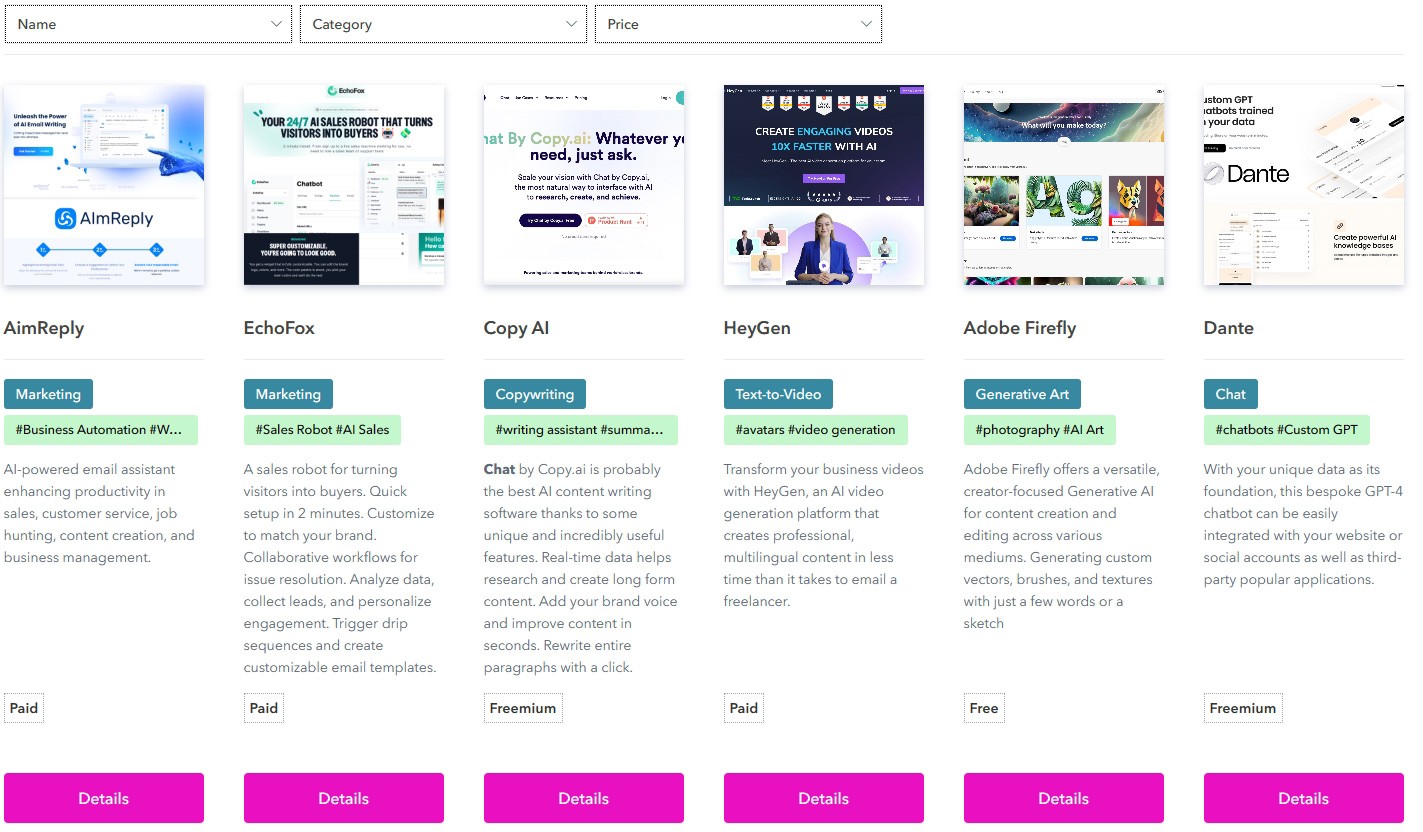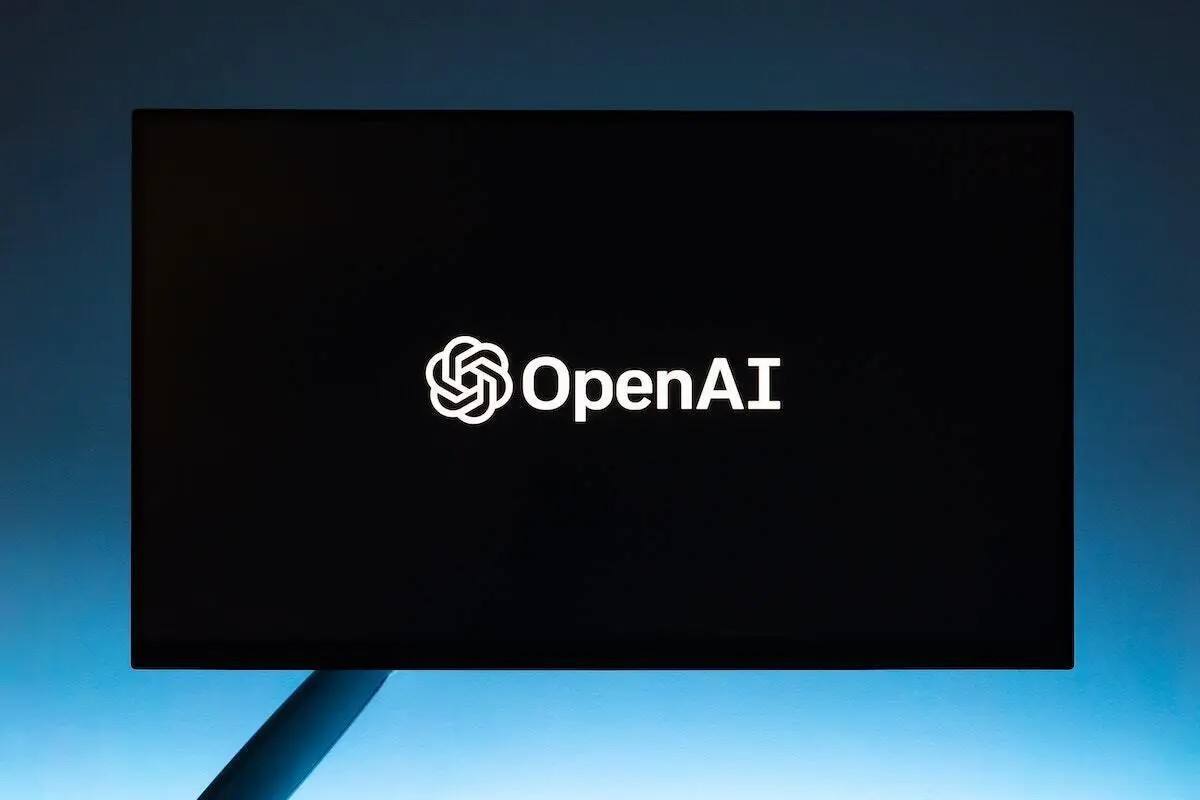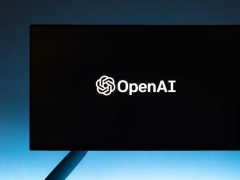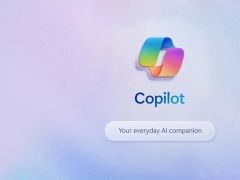Building a genAI team requires a comprehensive approach, as emphasized by Jayaprakash Nair, Head of Machine Learning, AI, and Visualization at Altimetrik, a digital engineering services provider. To mitigate the risk of failure, organizations should commence by establishing a strong foundation for high-quality data, implementing a "single source of truth strategy," and defining clear business objectives.
It is equally crucial to assemble a team that encompasses diverse roles, including data scientists, machine learning engineers, data engineers, domain experts, project managers, and ethicists/legal advisors, according to Nair.
"Each role contributes unique expertise and perspectives, which are vital for effective and responsible implementation," Nair stated. "Management should foster collaboration among these roles, align each function with business goals, and incorporate ethical and legal guidance to ensure compliance with industry guidelines and regulations."
For instance, a data scientist develops AI models to extract insights and predict trends. Subsequently, machine learning engineers take the AI models created by data scientists and scale them for production use, focusing on algorithm optimization and deployment. Data engineers build and maintain the infrastructure and pipelines necessary for efficient and secure data collection, storage, and access, all of which are essential for AI operations. Domain experts provide industry-specific knowledge to guide development and solutions.
Project managers oversee and coordinate various roles, managing resources and timelines while ensuring that projects meet their objectives and business goals. Meanwhile, legal advisors ensure project compliance with relevant laws and regulations.
Additionally, emerging technology IT workers are considered essential in supporting the objectives of CIOs and CTOs, as revealed by a recent Skillable survey. AI for IT Operations (AIOps) ranks among the top five in these technologies.
The three most critical emerging technologies or knowledge areas for AI team members include:
- AI TRiSM (AI trust, risk, and security management).
- Composite AI (combining different AI techniques for optimal results).
- Generative AI.
Gartner highlights AI TRiSM as the foundation for organizations to navigate the challenges posed by genAI. Failure to upskill current workforces effectively in best practices can result in falling behind in genAI implementation.
Notably, companies are actively seeking individuals with AI skills, and job seekers are emphasizing these skills.
A recent study by Oxford University's Internet Institute found that employees with AI skills can earn salaries up to 40% higher than their peers without such skills. The study also noted that combining AI skills with a wide range of other skills is particularly valuable to organizations.
Job listing site Upwork released a study on the skillsets of job seekers accepting positions, as well as the search and hiring behaviors of companies pursuing genAI projects. The study revealed that approximately half of hiring managers plan to hire more independent talent, and 49% intend to hire more full-time employees, largely due to genAI deployment plans.
It is also essential to seek individuals who enjoy learning new technologies, possess a strong business acumen, and understand how technology can benefit the company.
At Insight Enterprises, Taglienti mentioned that 10% to 20% of his staff must learn prompt engineering, while others need to acquire AI content generation skills and proficiency in coding assistants like Microsoft Copilot or Amazon's CodeWisperer.
"You're interacting with AI, but that doesn't require an extensive knowledge to use it," he remarked. "The democratization of this technology has allowed us to move away from the necessity of teaching everyone Python, infrastructure, and cloud skills. I have the ability to simplify the onboarding process for the basics needed to experiment or implement ideas that can benefit the business."
Taglienti continued, "Hence, we seek individuals who are not only subject matter experts but also those who comprehend business transformation and understand adoption and adaptation from a cultural perspective within a business, as that's what the power of technology enables you to achieve."







